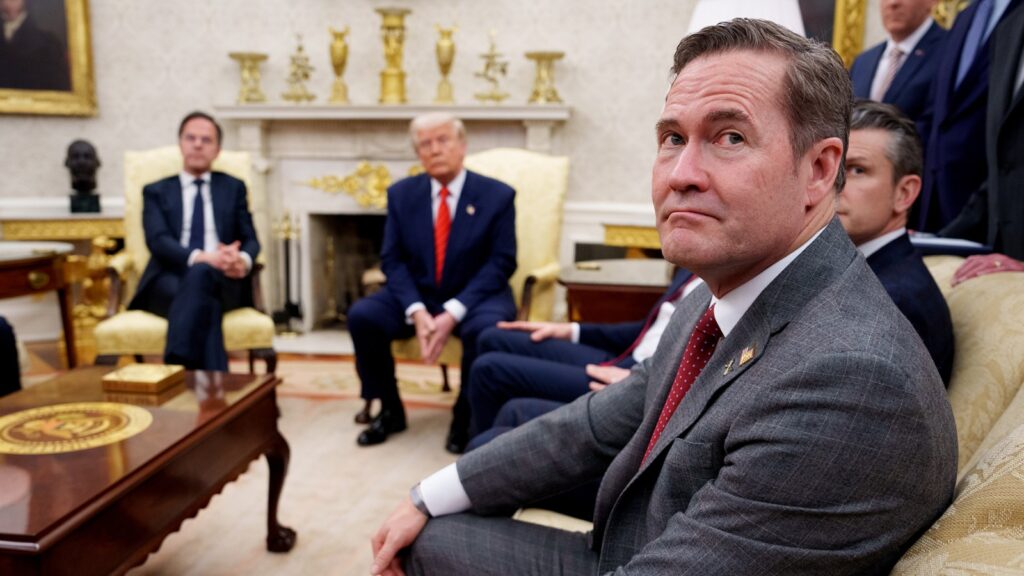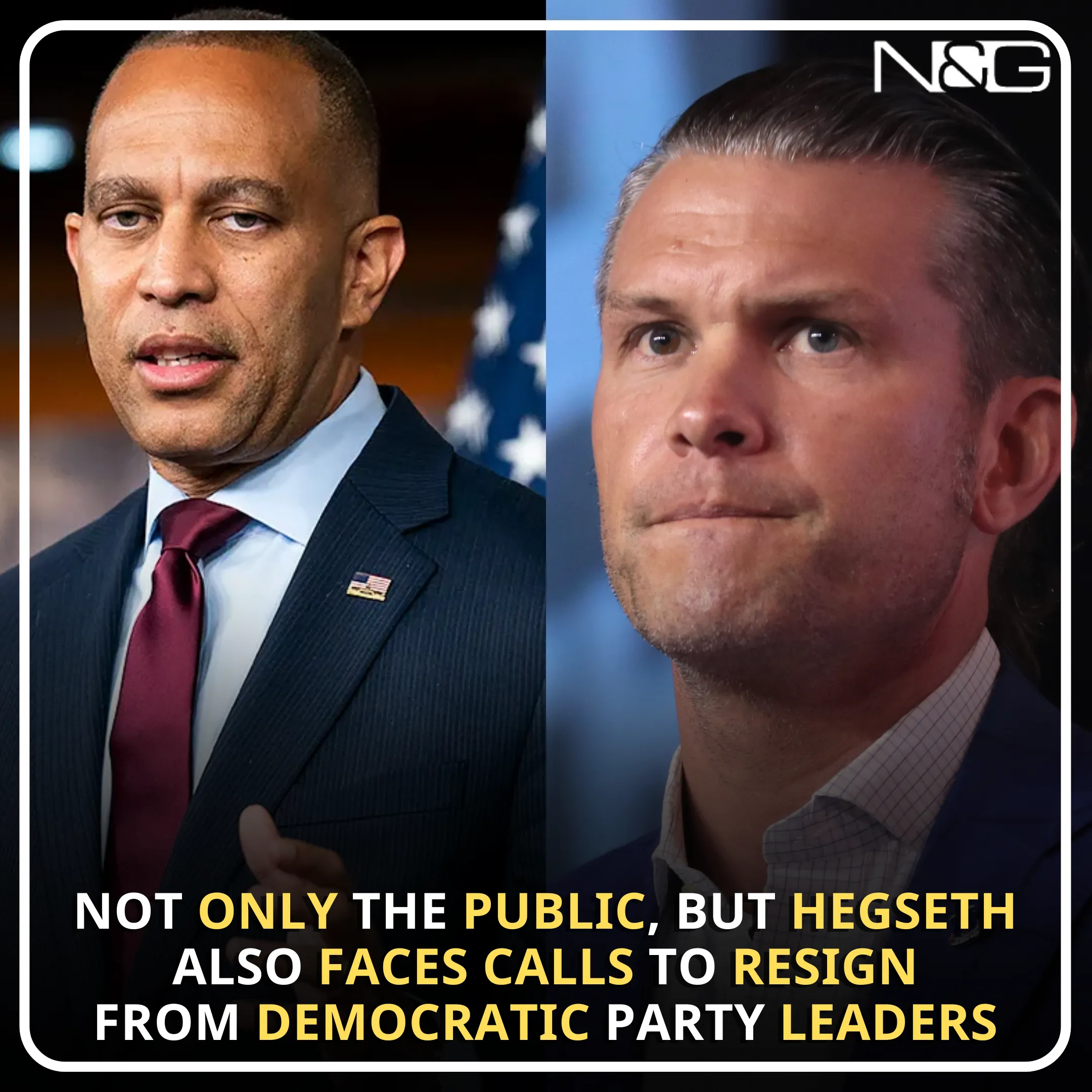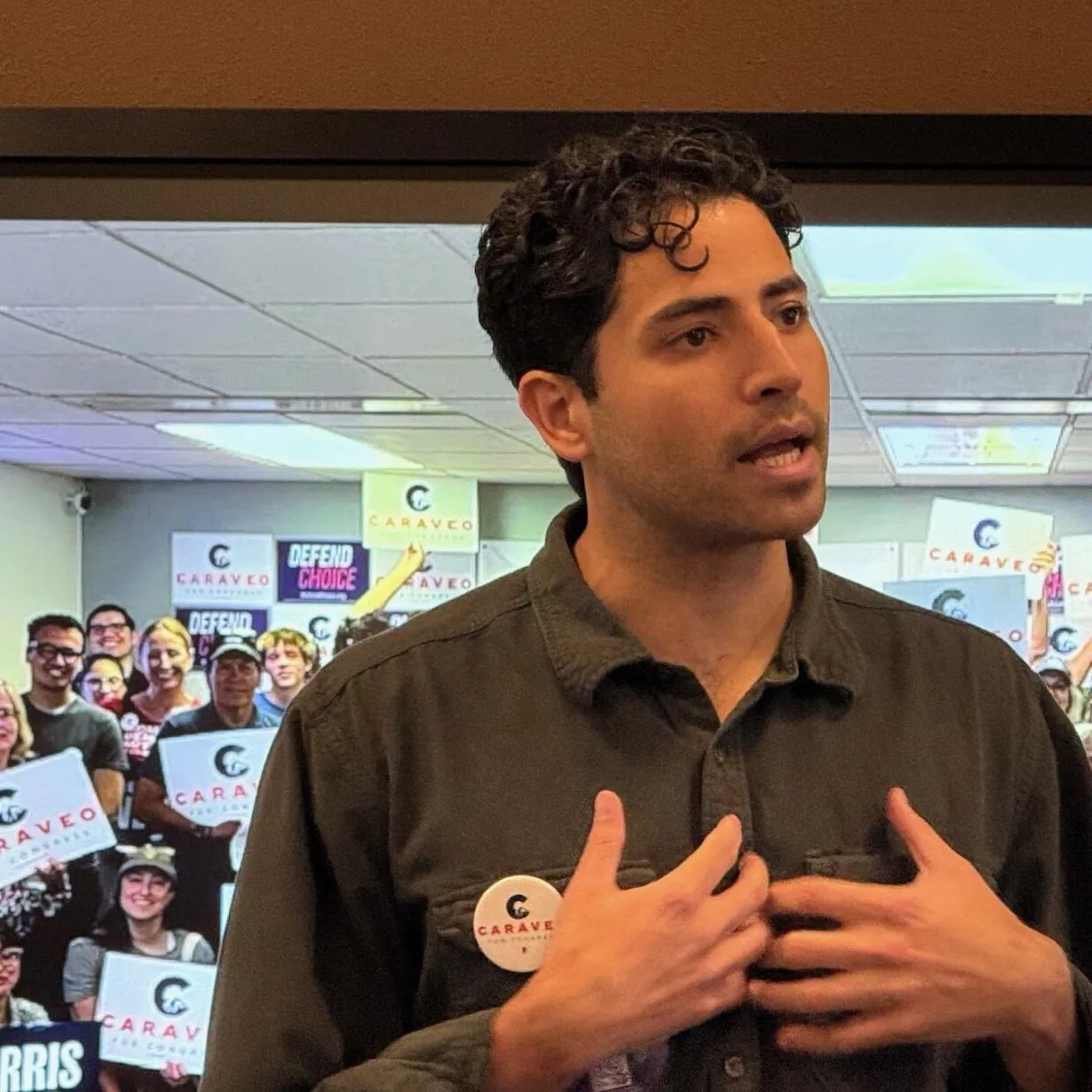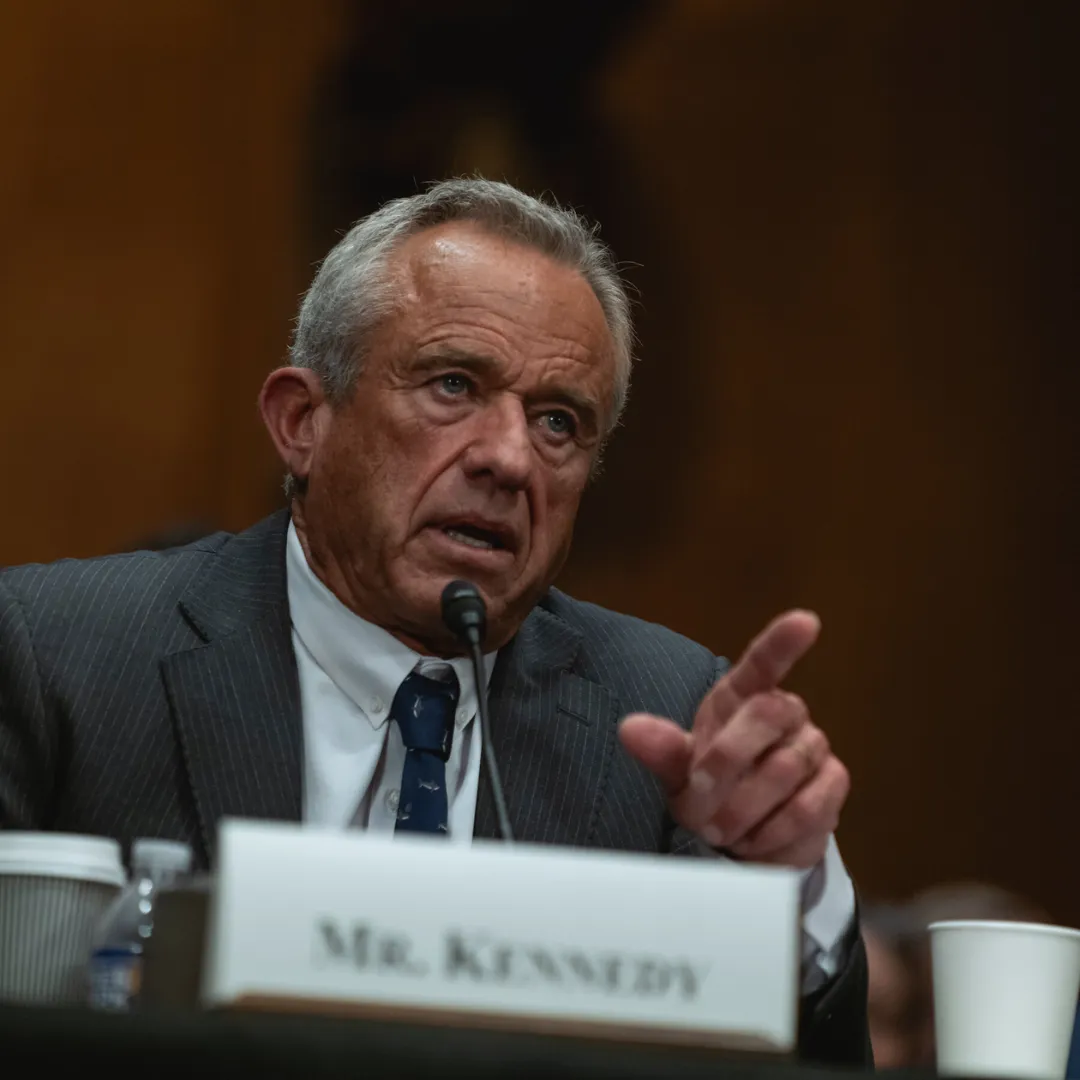In a dramatic shift of narrative, President Donald Trump placed the blame for the Signal chat scandal squarely on the shoulders of his National Security Advisor, Mike Waltz. During a signing of an executive order on Wednesday evening, Trump was asked about who should be held accountable for the scandal, which involved senior officials from his administration accidentally including a reporter in a private group chat about military operations.
Trump’s response marks a significant change in tone from earlier statements, where he deflected responsibility and claimed the scandal was the result of a staffer’s error.
“It was Mike, I guess. I don’t know, I always thought it was Mike,” Trump told reporters. His comments came after a series of mixed statements in previous interviews, where he seemed to place blame elsewhere and even defended the involvement of some of his key staffers.
With his latest remarks, Trump appears to be adjusting his narrative, while simultaneously dismissing the media’s outrage over the leak as part of a “witch hunt.”
The scandal erupted when The Atlantic’s editor-in-chief, Jeffrey Goldberg, revealed that he had inadvertently been added to a Signal chat group with senior Trump administration officials. The group chat, which discussed a planned military strike on the Houthis in Yemen, contained sensitive details that were not intended for public knowledge.
Goldberg, who was not initially aware that he had been added to the group, later confirmed the authenticity of the conversation and raised concerns about the security breach.
This latest development has further complicated the narrative around the leak, leading to political fallout and a broader debate over how sensitive national security information is handled within the Trump administration. Trump’s response to the scandal—shifting the blame to Waltz—also sheds light on the internal dynamics of the administration and the handling of security leaks.
However, it remains unclear what consequences, if any, will be faced by those involved in the leak, as Trump has already stated that Waltz would not be fired over the matter.
The incident began when Goldberg was added to a Signal chat group involving several senior Trump administration officials, including National Security Advisor Mike Waltz, who created the group. The chat discussed a planned military operation against Houthi rebels in Yemen, with details about the timing, location, and weapons used in the operation.
The inclusion of Goldberg, the editor of a prominent national magazine, was a mistake, as he was not a part of the intended conversation.
Goldberg, who initially had strong doubts about the authenticity of the chat, later confirmed that the details discussed were accurate and that the chat was indeed legitimate. Once he verified the conversation, Goldberg realized that the information shared in the group chat was not only real but also highly sensitive, involving details that were not meant for public consumption.
In an interview with The Atlantic, Goldberg stated that he had “never seen a breach quite like this” in his years of reporting on national security matters. He emphasized that while it is not uncommon for U.S. officials to use encrypted messaging apps like Signal, such tools are typically used for logistics and not for discussing imminent military actions.
The fact that sensitive war plans were discussed on the app raised serious questions about the Trump administration’s internal communication practices.
The leak has since triggered widespread concern and criticism, particularly from Democrats and national security experts who argue that this kind of breach could endanger military operations and undermine public trust in the government’s ability to protect sensitive information. The inclusion of a journalist, even unintentionally, has been seen as a significant violation of the protocols meant to safeguard military strategies and operations.
In the aftermath of the leak, Trump initially downplayed the severity of the scandal, defending his staff and insisting that no significant information had been compromised. During a phone interview with NBC on Tuesday, Trump had suggested that the responsibility lay with one of Waltz’s staffers, saying, “It was one of Michael’s people on the phone.
A staffer had his number in there.” His comments suggested that the leak was more of an administrative error than a serious security breach, and Trump’s defense of Waltz and his team seemed to reflect that belief.
However, in a sharp reversal on Wednesday, Trump pointed the finger directly at Waltz, implying that he was the one responsible for the mistake. “It was Mike, I guess. I don’t know, I always thought it was Mike,” Trump said during the signing of an executive order. This marks a dramatic shift from his previous stance, where he seemed to deflect blame away from his inner circle.
The president’s latest comments suggest that the White House is attempting to reassess the situation and determine who, if anyone, should be held accountable for the leak.
Trump’s comments were striking, as they placed the blame on one of his closest aides, the very person responsible for creating the group chat in the first place. This shift in tone could signal deeper frustrations within the Trump administration regarding how the scandal has unfolded.
It also raises questions about how much Trump knew about the chat and when he became aware of the breach.
In response to a question about whether Defense Secretary Pete Hegseth should be worried about his position amid the scandal, Trump rushed to defend his Cabinet member. Hegseth, who was also involved in the chat, has been under scrutiny for his role in the leak.
Despite this, Trump vehemently denied that Hegseth had any involvement in the mistake and insisted that Hegseth had nothing to do with the scandal.
“Hegseth, he was doing a great job… How do you bring Hegseth into it? He had nothing to do with this,” Trump said. The president’s strong defense of Hegseth is consistent with his tendency to protect his Cabinet members and political allies when they face public criticism.
Trump’s remarks also appear to reflect his belief that the media is unfairly targeting his administration and making a mountain out of a molehill.

At the same time, Trump took aim at the media’s reaction to the Signal chat scandal, dismissing the outrage as a “witch hunt.” His use of the term, which has become a hallmark of his political rhetoric, highlights his ongoing frustration with the press and its coverage of his administration.
Trump has often accused the media of being biased and hostile toward his presidency, and this incident is no exception. For Trump, the media’s focus on the scandal is just another example of what he sees as unfair treatment.
“This entire story was another hoax written by a Trump-hater who is well-known for his sensationalist spin,” White House Press Secretary Karoline Leavitt wrote in a post on social media. Leavitt’s comments reflect the Trump administration’s broader strategy of deflecting criticism and framing the leak as a partisan attack.
In a surprising twist, Elon Musk, the CEO of Tesla and SpaceX, has been tapped by the White House to lead an investigation into the Signal chat leak. While Musk’s involvement in the investigation has raised eyebrows, it underscores the administration’s efforts to downplay the incident and mitigate the damage.
Musk, who has become a prominent supporter of Trump in recent years, has not yet commented publicly on his role in the investigation.
It remains unclear what consequences, if any, will be faced by those involved in the leak. Trump has already stated that he would not fire Waltz over the scandal, signaling that there will be no immediate consequences for those involved.
However, the investigation led by Musk may provide more clarity on how the administration plans to address the issue and whether any internal reforms are needed to prevent similar breaches in the future.
The Signal chat scandal has raised broader questions about the Trump administration’s handling of national security information and the use of unsecured platforms for government communication. As Goldberg himself pointed out, while it is not uncommon for government officials to use Signal for logistical purposes, the app is not intended for discussions about “imminent war plans.”
The leak has prompted calls for reforms in how the government handles sensitive information, with critics arguing that the use of unsecured communication channels like Signal puts national security at risk. At the same time, the incident has underscored the tension between transparency and secrecy in government operations, with some defending the use of encryption for sensitive discussions, while others argue that it could lead to dangerous vulnerabilities.
As the investigation into the Signal chat leak continues, the debate over security protocols and government transparency is likely to intensify. Whether this incident will lead to lasting changes in how national security information is handled remains to be seen, but it has certainly brought attention to the challenges of maintaining secure communications in an increasingly digital world.







